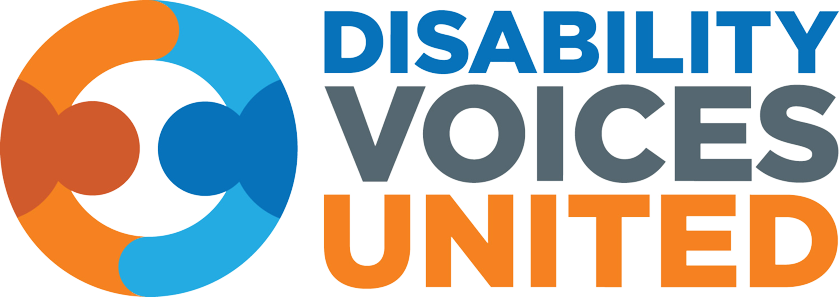
Accurate, Up-to-Date Information from the Law's Creators

Accurate, Up-to-Date Information from the Law's Creators
Generic Resources
Generic Resources:
Just as in the traditional system, regional centers are the “payers of last resort”, which means you have to try to get other resources to pay first. These are called “generic resources”. Your regional center service coordinator is required by law to assist you in accessing these generic resources. This means you can ask for help in filling out eligibility forms, attending IEP meetings at schools, or making calls to agencies on your behalf. If you ask for funding from a generic resource but are denied, you must provide the denial letter or email to your regional center. The regional center may require you to appeal the denial, but they are required to assist you in accessing the appeals process. With the SDP, you can look at generic resources as a way to stretch your budget so that you use your self-determination funds for those things that no one else will pay for. It helps you save money!
Types of Generic Resources
There are many types of generic resources that can be used to stretch your budget.
Examples of generic resources are:
- In-Home Supportive Services (staff support)
- Medi-Cal/Medicare/Private Health Insurance (health care, dental care, therapies)
- Supplemental Security Income (SSI), Social Security Administration (food, rent, clothing only)
- Department of Mental Health (counseling, medicine)
- Housing Authority – Section 8 (rent)
- Department of Rehabilitation (employment supports)
- Women, Infants, Children (WIC) (nutrition)
- California Children’s Services (physical therapy, occupational therapy, equipment)
- Public Transportation/ACCESS/Dial-a-
Ride (transportation) - School Districts (education services, therapies, tutoring, recreation)
What Is Not a Generic Resource?
Generic resources do not include the following:
- Personal bank accounts
- Special Needs Trust
- ABLE Account
- Money from your parents or grandparents or inherited from a relative
- Money earned from a job
For example, the regional center should not be asking you to “pay for the service yourself.” Regional center services are not based are your income or savings. They are based only on your need.
Natural Supports
Natural supports are people in your life that are not paid but can help you meet your goals. These people may include family members, friends, neighbors, co-workers, people you meet through your place of worship or in clubs you belong to, and others.
An example provided by DDS of a natural support is:
- An older sibling of a minor self-determination participant may be available and able to watch the participant while the parent does the family’s weekly grocery shopping. If this is possible, it may not be necessary to use paid support and the unpaid older sibling would be considered a natural support.
Natural supports are another way to stretch your budget. But it is important to note that these natural supports may choose to help you, but they do not have to. People volunteer to provide natural supports. This may mean that a person who might be considered a natural support is unable or unwilling to provide help. For example, a sibling may not be willing to take care of their younger brother or sister. It also may mean that the SDP participant may not want to use a natural support to provide a service. For example, an adult may not feel comfortable with their parent being their natural support.
The bottom line is that a regional center cannot force a participant to use a natural support instead of using their SDP funds to hire someone to help them. It is also important to know that natural supports are only people to provide voluntary help. Natural supports are not money provided by parents or savings accounts.